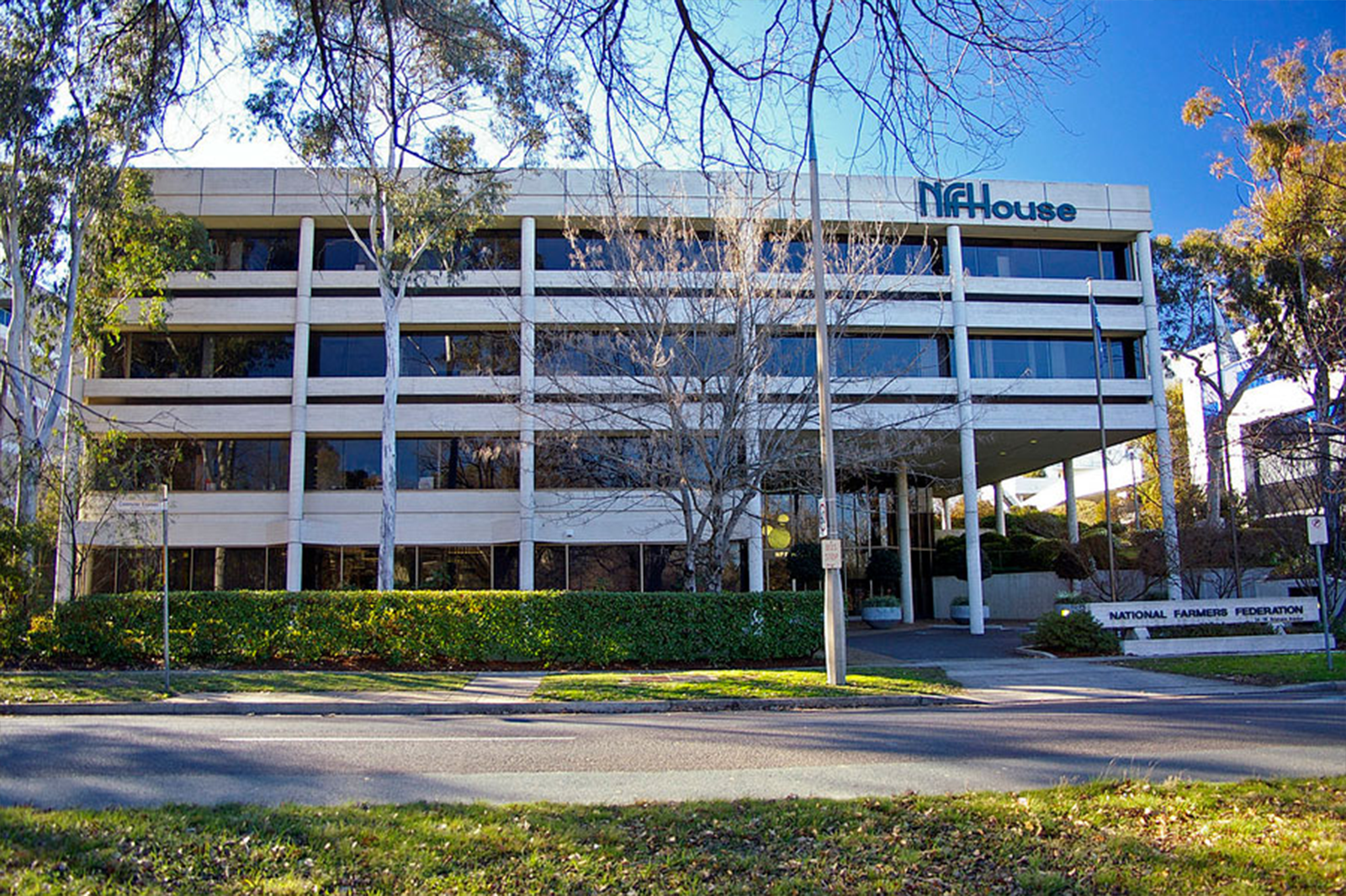1MG FlippingBooks
NFF backs the science amid glyphosate debate
The glyphosate debate has flared up again this week, with the decision by the Victorian government to review its use (which we covered here ) followed by a segment on Channel 10’s The Project on Tuesday that detailed a current lawsuit from a Victorian gardener suffering from cancer.
The lawsuit against Roundup’s manufacturer Monsanto (recently acquired by Bayer) is the first of its kind in Australia and follows a series of similar lawsuits in the United States that have proved successful and cost the company over $3 billion in payouts.
The National Farmers’ Federation (NFF) waded into the debate this week, with President Fiona Simson backing the independent scientific advice from the Australian Pesticides and Veterinary Medicines Authority (APVMA) and assuring farmers that Roundup is safe to use.
"The same conclusion has been made by every regulator in world. No other chemical compound has been studied to the degree that glyphosate has," said Ms Simson. "There is an extensive, international body of scientific work – spanning 40 years and 800 studies that affirms that glyphosate is not a carcinogenic, and more precisely, that it does not cause Non-Hodgkin's Lymphoma.
"We simply have to base judgments on science and evidence and trust the regulator."
The APVMA’s findings are reinforced by the 2018 Agricultural Health Study (supported by the National Cancer Institute), which followed more than 50,000 farmers who had used glyphosate for more than 20 years and found no link between glyphosate-based herbicides and cancer.
And despite the recent successful lawsuits in the US, in 2017 the United States’ Environment Protection Agency (EPA) concluded glyphosate was ‘not likely to be carcinogenic to humans’ – its most favourable rating.
“As farmers we understand the concerns, we appreciate the questions, we have asked them ourselves, but we remain confident in the science and the ability of the regulator to make informed decisions based on facts,” said Ms Simson. "For many years, the NFF has put the safety of glyphosate under scrutiny and we are more than satisfied with the scientific rigour confirming its continued application."















